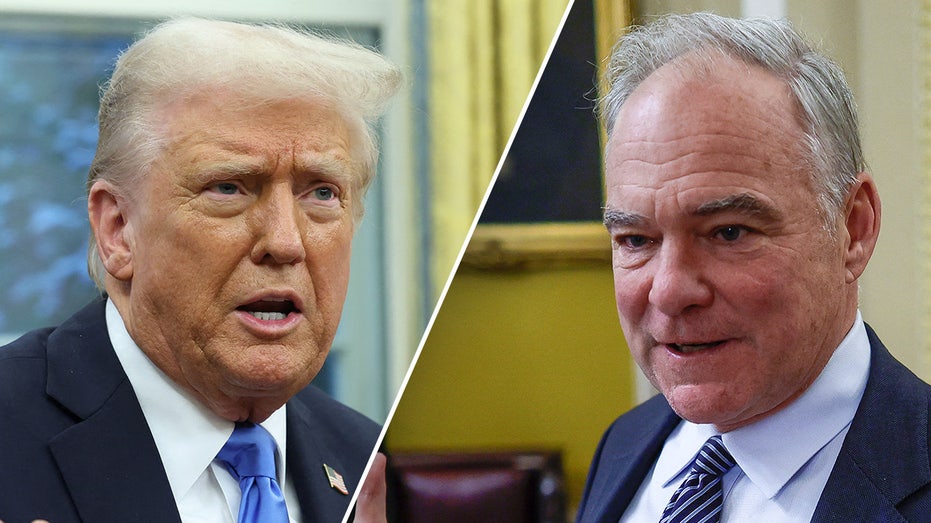
On January 29, 2025, Mali, Burkina Faso, and Niger formally withdrew from the Economic Community of West African States (ECOWAS), marking a major shift in regional geopolitics. These three countries, which experienced military coups in recent years, had already been suspended from ECOWAS due to their unconstitutional changes of government. In response to these suspensions and the sanctions imposed on them, they formed the Alliance of Sahel States (AES)—a coalition aimed at strengthening military and economic cooperation among the three nations.
Russia’s expanding geopolitical influence in the Sahel has drawn international attention, reshaping the balance of power in a region traditionally dominated by France, the United States, and China. The Sahel, a vast semi-arid region spanning across Africa from Senegal to Sudan, is a geopolitical hotspot due to its strategic location, natural resources, and security challenges. Since the early 2010s, Russia has steadily increased its engagement in the region, leveraging military cooperation, economic partnerships, and diplomatic outreach.

Russia’s strategic motivations in the Sahel Russia’s growing presence in the Sahel is driven by several strategic interests, including: The Sahel has historically been under the influence of Western powers, particularly France and the United States. France, in particular, has maintained a strong presence through military interventions, economic investments, and political alliances. However, growing anti-French sentiment in the region, exacerbated by perceptions of neocolonialism and France’s failure to curb insecurity, has created an opportunity for Russia to fill the power vacuum.
The Sahel is rich in natural resources such as uranium, gold, and oil. Niger, for instance, is one of the world’s top uranium producers, supplying a significant portion of Europe’s nuclear energy needs. Russia’s strategic partnerships with Sahelian states offer opportunities to gain access to these valuable resources, diversifying its energy sources and reducing dependence on Western markets.
The Sahel faces persistent security challenges, including terrorism, insurgency, and organised crime. Russia has capitalised on this instability by offering military assistance, arms deals, and private military contractors (PMCs) like the Wagner Group. This allows Moscow to expand its military footprint, challenge Western military influence, and strengthen ties with regional governments.
Russia’s engagement in the Sahel aligns with its broader foreign policy strategy of positioning itself as an alternative to Western hegemony. By supporting sovereign governments against perceived Western interference, Russia appeals to Sahelian leaders who seek greater autonomy in their foreign relations. This approach also strengthens Russia’s ties with other African nations sympathetic to anti-Western narratives.
Russia’s key strategies in the Sahel: Military Cooperation and the Wagner Group. One of Russia’s most visible strategies in the Sahel has been military cooperation through direct engagements and private military contractors. The Wagner Group, a Russian paramilitary organisation with close ties to the Kremlin, has played a critical role in securing Russian influence in countries like Mali, Burkina Faso, and the Central African Republic (CAR).
Mali has emerged as one of Russia’s strongest partners in the Sahel following the country’s military coups in 2020 and 2021. After deteriorating relations with France, Mali expelled French troops in 2022 and turned to Russia for military assistance. The Malian government signed agreements with the Wagner Group, which provided security services, training, and combat support against Islamist insurgents.
This shift marked a significant geopolitical realignment, diminishing Western influence in favor of Russian-backed security arrangements. Burkina Faso, another Sahelian country facing severe security challenges, has also strengthened ties with Russia. The country experienced two military coups in 2022, leading to a government that sought alternatives to Western military aid.
Russia has provided weapons, military advisors, and potential Wagner deployments to support Burkina Faso’s fight against jihadist groups. Niger, which historically maintained close ties with France and the U.S.
, experienced a coup in July 2023. The new military government signaled a willingness to reconsider its alliances, expelling French troops and opening dialogue with Russia. Although the full extent of Russia’s involvement in Niger remains uncertain, the trend suggests a potential deepening of Russian influence.
Economic and resource partnerships Beyond military engagement, Russia is actively seeking economic partnerships in the Sahel, particularly in the energy and mining sectors. Russia has expressed interest in securing uranium supplies from Niger, a critical global supplier of nuclear fuel. If Moscow strengthens its influence in Niger, it could gain greater leverage in global energy markets.
Similarly, Russian companies have been expanding gold mining operations in Mali and the Central African Republic, reinforcing economic dependencies between these countries and Russia. Russia has also leveraged its dominance in global wheat and fertilizer exports to strengthen ties with Sahelian nations. The region, heavily dependent on food imports, has benefited from Russian grain shipments, particularly after the disruption of global food supply chains due to the war in Ukraine.
This economic engagement bolsters Russia’s soft power and enhances its strategic partnerships in the region. Diplomatic engagement and anti-Western alliances Russia’s influence in the Sahel is also bolstered by diplomatic engagements and ideological alignments with local governments. Russia has increased its participation in African Union meetings and hosted high-profile summits, such as the Russia-Africa Summit, to strengthen diplomatic ties.
These summits serve as platforms for Russia to position itself as a reliable partner free from colonial baggage. Challenges and risks for Russia in the Sahel While Russia has made significant geopolitical gains in the Sahel, its influence is not without challenges. The Wagner Group and Russian military advisors operate in highly volatile environments where insurgent attacks are frequent.
As seen in Mali and Burkina Faso, Russian forces struggle to deliver security improvements, which could lead to frustration among local governments. Russia’s economy, strained by Western sanctions and the ongoing war in Ukraine, may limit its ability to sustain long-term investments in the Sahel. Unlike China, which has vast financial resources for infrastructure projects, Russia primarily relies on military assistance and resource extraction, which may not be sustainable in the long run.
The Sahel is characterised by frequent coups, governance challenges, and shifting alliances. While Russia has benefited from recent political upheavals, the volatility of military-led governments could pose risks to its long-term influence. If new leadership emerges with different geopolitical preferences, Russia’s position in the region could weaken.
Western powers, particularly the U.S. and France, are recalibrating their strategies to counter Russian influence in the Sahel.
France’s withdrawal from Mali and Niger does not signify a complete disengagement but rather a strategic repositioning. The U.S.
is also strengthening military cooperation with Gulf of Guinea nations to contain Russian and Chinese influence in West Africa. Implications for global geopolitics Russia’s increasing presence in the Sahel has broader implications for global geopolitics. Russia’s influence in the Sahel reflects a broader trend of African nations diversifying their global partnerships.
The rise of multipolarity in Africa challenges traditional Western dominance and opens space for emerging powers like Russia, China, and Turkey to exert greater influence. If Russia secures greater control over uranium and gold supplies in the Sahel, it could shift global energy dynamics and increase its bargaining power in the nuclear sector. This could impact European energy security and global gold markets.
The presence of Russian military forces and PMCs in the Sahel alters regional security dynamics. While Russia claims to support counterterrorism efforts, its approach may exacerbate conflicts if it prioritises regime protection over long-term stability. The potential for clashes between Western-backed and Russian-backed forces cannot be ruled out, heightening tensions in an already unstable region.
Russia’s growing geopolitical influence in the Sahel represents a significant shift in the region’s power dynamics. By leveraging military cooperation, economic partnerships, and diplomatic engagement, Russia has positioned itself as a key player in a region long dominated by Western powers. However, its success is not guaranteed, as economic limitations, regional instability, and Western countermeasures pose challenges.
The coming years will determine whether Russia can sustain its foothold in the Sahel or if its influence will wane in the face of emerging geopolitical realities. Udenka is a social and political analyst. He can be reached via:#AfricaVisionAdvancementTrust.
.















